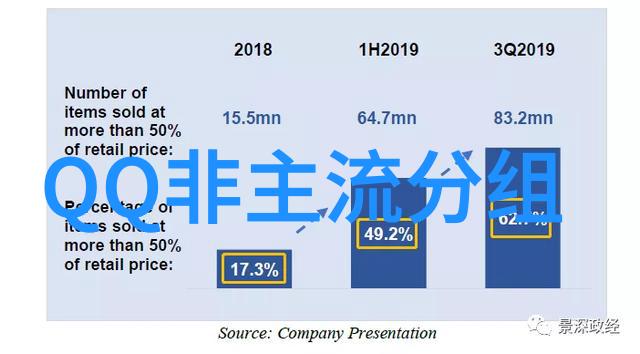Introduction

The gaming industry has experienced significant growth over the years, and Japan has emerged as a major player in this field. The country's video game development industry is renowned for its innovative ideas, engaging storylines, and captivating graphics. In this article, we will explore how Japan became a leader in video game development.
Early Beginnings

Japan's fascination with video games dates back to the 1970s when the first arcade games were introduced. These early games such as Space Invaders and Pac-Man quickly gained popularity not only in Japan but also worldwide. As technology advanced, so did the complexity of these games.
Rise of Console Gaming

In the 1980s, console gaming emerged as a new trend that captivated gamers worldwide. Nintendo Entertainment System (NES) was one of the pioneers in this field that brought home console gaming to millions of households around the world.
Sega vs Nintendo: A Battle for Dominance

During this period, two giants – Sega and Nintendo – dominated the market with their iconic characters like Sonic and Mario respectively. This rivalry pushed both companies to innovate further leading to advancements in gameplay mechanics and hardware capabilities.
5.The Birth of RPGs

Role-playing Games (RPGs) are another genre that originated from Japan which include Final Fantasy series by Square Enix (previously Square), Dragon Quest series by Level-5 (previously Chunsoft), etc., have become extremely popular globally due to their engaging stories, character customization options and unique combat systems.
6.Video Game Culture & Anime Influence
Video game culture is deeply rooted within Japanese society where anime plays an important role too - many successful video games have been influenced by or collaborated with anime franchises such as Gundam Breaker series or Attack on Titan: Wings of Freedom among others which adds depth into storytelling experience for players who are familiar with these anime titles prior playing related video games
7.The Emergence Of Indie Developers
With growing demand from global markets combined with technological advancements making it more accessible than ever before; independent developers began creating niche titles targeted towards specific audiences which helped expand diversity within Japanese gaming industry beyond just main-stream AAA titles
8.Modern Era Challenges & Opportunities
Today’s rapidly changing landscape brings challenges like piracy issues through digital distribution platforms while simultaneously offering opportunities via online streaming services giving access to even more users across different regions allowing smaller studios gain recognition at global scale
9.Conclusion
In conclusion, Japan's success in becoming a leader within video game development can be attributed to several factors including its rich history dating back decades ago starting off small yet evolving over time through innovation driven competition between top players along side cultural influences such as anime contributing significantly towards shaping what today’s gamers enjoy around globe-wide
